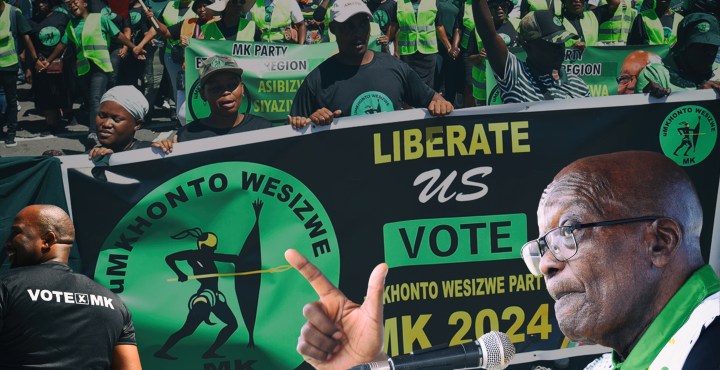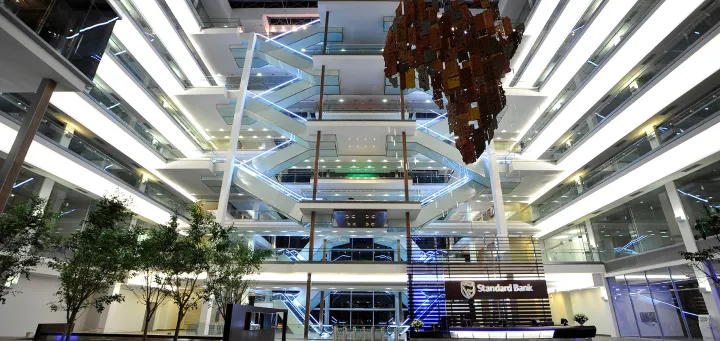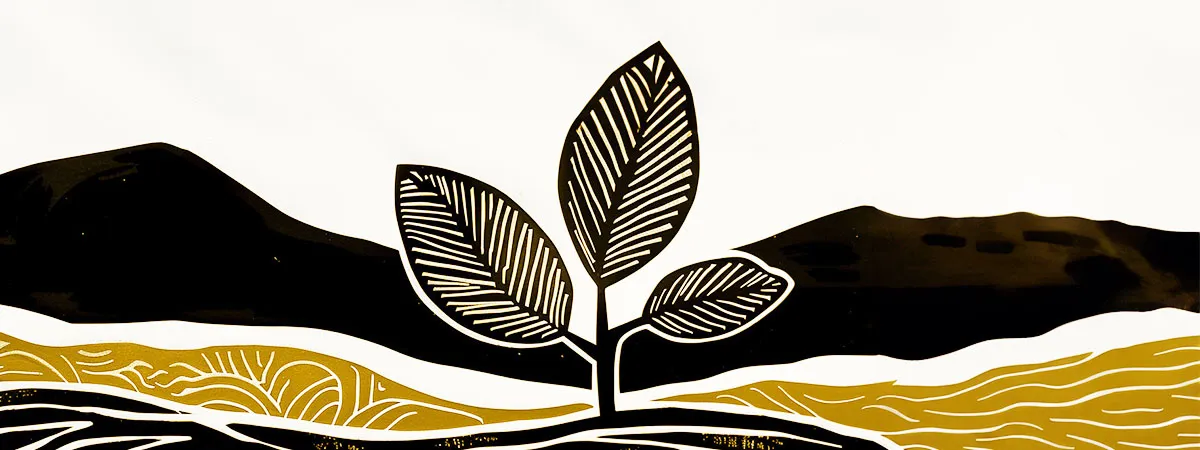ANALYSIS
IEC must act urgently against threats of electoral violence in SA

Jacob Zuma’s MK party is making escalating threats of violence if it does not get its way at the polls. It is not the only party to be accused of intimidation and thuggery this election season. Yet the IEC is silent. Why?
“Die Cyril, die!”
“We are sending a loud and clear message to the ANC that if these courts, which are sometimes captured, if they stop MK, there will be anarchy in this country. There will be riots like you’ve never seen in this country. There will be no elections. No South Africans will go to the polls.”
“[If the MK party is not allowed to contest elections and win a two-thirds majority] … We are going to close South Africa for good.”
“Comrades, we have two options: either we submit, or we fight… If it means that we must attack [the IEC], I’ll come to you.”
These statements were all made recently by representatives of Jacob Zuma’s uMkhonto Wesizwe (MK) party.
They have been uttered in public and shared widely on social media — including by Saftu leader Zwelinzima Vavi, who tweeted on Monday: “Ignore the now consistent threats to plunge the country into chaos at your own peril.”
Among the videos Vavi drew attention to was one which appears to have since been deleted from TikTok, but which shows a man wearing an MK shirt firing a pistol into the hills — after which the camera pans to a table laden with shotguns and assault rifles, while the man recording the scene chuckles.
This may be posturing. But the link between the MK party and violence is not hypothetical. In January, a sizeable portion of the 65 men and women accused of instigating the July 2021 riots in KwaZulu-Natal arrived in court wearing the regalia of the MK party.
That unrest, if anyone needs a reminder, left at least 342 people dead within just a few days.
At least one life has thus far been lost to the violent tides swirling around Zuma’s new political outfit: MK party organiser Vusimuzi Ntuli was gunned down in an Umlazi hostel at the beginning of March.
There is little reason to believe that this will be the sole death.
Tribalism wounds
Once again, none of this is happening behind closed doors. The MK party has been openly stoking old tribalism wounds: in early February, Zuma was reported to have referred contemptuously to KwaZulu-Natal residents who could speak Tswana.
Just a few days ago, the DA’s student wing, Daso, laid a criminal charge against members of the MK party after Daso activists manning an information table at the uMgungundlovu TVET were allegedly intimidated by MK members.
The ANC, too, has reportedly registered a grievance with the Electoral Commission (IEC) over intimidation towards voters during KwaZulu-Natal by-elections. In February, City Press reported that “nearly 40 incidents of intimidation between the ANC and the MKP have been recorded since the latter was formed”.
The threats don’t just run in one direction in South Africa’s perennial political powder keg, KwaZulu-Natal. Videos circulating on social media appear to show MK members being assaulted by ANC supporters. An MK official alleged in February that some party supporters had to be hospitalised following run-ins with gun-toting ANC goons during KZN by-elections.
It is not alarmist to suggest that these developments should deeply concern us all, less than three months before the most hotly contested elections in South Africa’s democratic history.
Although the MK party has been shockingly direct in its public threats, there have been unnerving indications elsewhere that violence is in the air.
The DA complained to the IEC in early February after men in Patriotic Alliance (PA) shirts bore assault rifles at a voter registration station in Eerste River in the Western Cape.
The PA claimed that the men were part of party leader Gayton McKenzie’s standard security detail. That may be so, but one good reason to be concerned about the optics of PA figures toting powerful firearms is the credible allegations of the links between the PA and some of SA’s most notorious gangs.
(For an illustration of what can happen when gangsters coordinate to seek political power, see the currently unfolding catastrophe in Haiti.)
Over the same voter registration weekend in February, it was also reported that EFF members at a Limpopo voting station were singing “Shoot to kill”.
Pictures from the EFF’s February manifesto launch at Durban’s Moses Mabhida Stadium showed the EFF secretary-general, Marshall Dlamini, addressing a phalanx of camouflage-clad members of what the party calls its “internal security team”, but which looks a lot like a private militia.
One question burns more urgently than any other: Where is the IEC on this issue?
A scan of the IEC’s recent media statements shows no mention of threats of political violence, or reference to the outcomes of the various grievances apparently laid with the body.
But the Electoral Code of Conduct, to which all contesting political parties subscribe, makes it an offence for parties to use language which provokes violence, to intimidate candidates or voters, or to carry arms or weapons at political meetings, marches or rallies.
All of the above has happened and is happening this election season. By violating the Electoral Code of Conduct, parties are flirting with disqualification from the polls. This would be a radical step which itself, unfortunately, carries the risk of consequent violence — and for that reason cannot be undertaken lightly.
But if ever there was a time for the IEC to step up and lay down the law to the thugs endangering South Africa’s precious democratic process, it is now. There is, quite literally, everything at stake. DM
Daily Maverick has closed comments on all elections articles for the next two weeks. While we do everything in our power to ensure deliberately false, misleading and hateful commentary does not get published on our site, it’s simply not possible for our small team to have sight of every comment. Given the political dynamics of the moment, we cannot risk malignant actors abusing our platform to manipulate and mislead others. We remain committed to providing you with a platform for dynamic conversation and exchange and trust that you understand our need for circumspection at this sensitive time for our country.

















